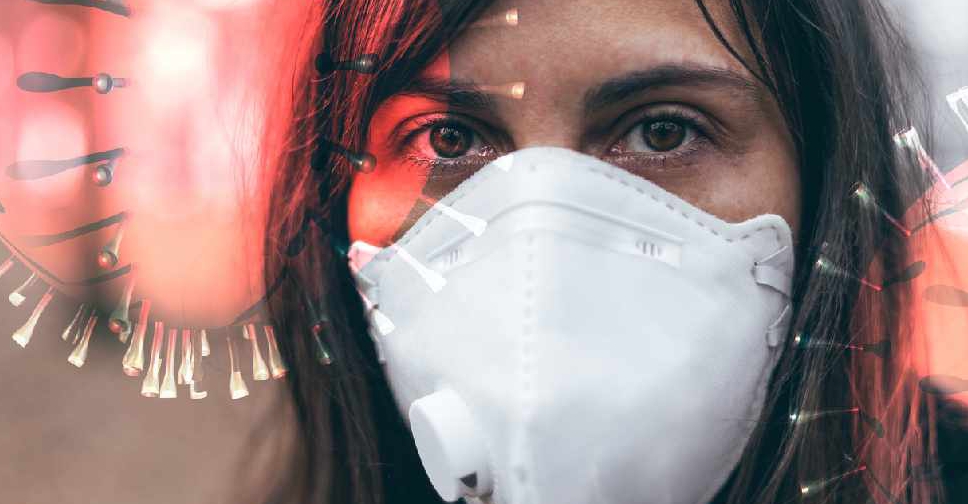
Face masks and limits on numbers are important, but good ventilation technology is the most essential ingredient of all in reducing the risk of the coronavirus spreading at public events indoors.
That's according to a German study, which saw researchers simulate three scenarios with varying numbers of spectators and social-distancing standards, and created a computer model of the arena to analyse the flow of aerosols from infected virtual spectators.
"The most important finding for us was understanding how crucial it is to have good ventilation technology. This is key to lowering the risk of infection," said Stefan Moritz, leader of the RESTART-19 study at the University Medical School in Halle.
Around 1,500 volunteers with face masks, hand sanitiser and proximity trackers attended an indoor pop-concert in Leipzig in August to assess how the virus spreads in large gatherings.
The study also found that reducing venue capacity, having multiple arena entrances and seating spectators can have a major impact on the number of contacts people accumulate.
Its recommendations include only allowing food to be eaten at seats, open-air waiting areas, mask-wearing for the concert's duration and employing stewards to make sure people stick to hygiene rules.
Researchers also developed an epidemiological model to analyse the impact of staging an event on the spread of the virus among the broader population.
They found hygiene measures such as mask-wearing and social-distancing should remain in place as long as the pandemic persists, while seating plans and number of guests should be adjusted based on the incidence of the virus.
"Events have the potential to fuel the epidemic by spreading pathogens, but if a hygiene concept is stuck to then the risk is very low," said Rafael Mikolajczyk, from Halle University's Institute for Medical Epidemiology.
The study's results have not yet been peer-reviewed.

 UK inquiry finds 'chilling' cover-up of infected blood scandal
UK inquiry finds 'chilling' cover-up of infected blood scandal
 Iranian President Raisi killed in helicopter accident, state media says
Iranian President Raisi killed in helicopter accident, state media says
 ICC prosecutor seeks arrest warrants for Israeli, Hamas leaders
ICC prosecutor seeks arrest warrants for Israeli, Hamas leaders
 Assange given permission to appeal against US extradition
Assange given permission to appeal against US extradition
 Israel intends to broaden Rafah sweep, Defence Minister tells US
Israel intends to broaden Rafah sweep, Defence Minister tells US




